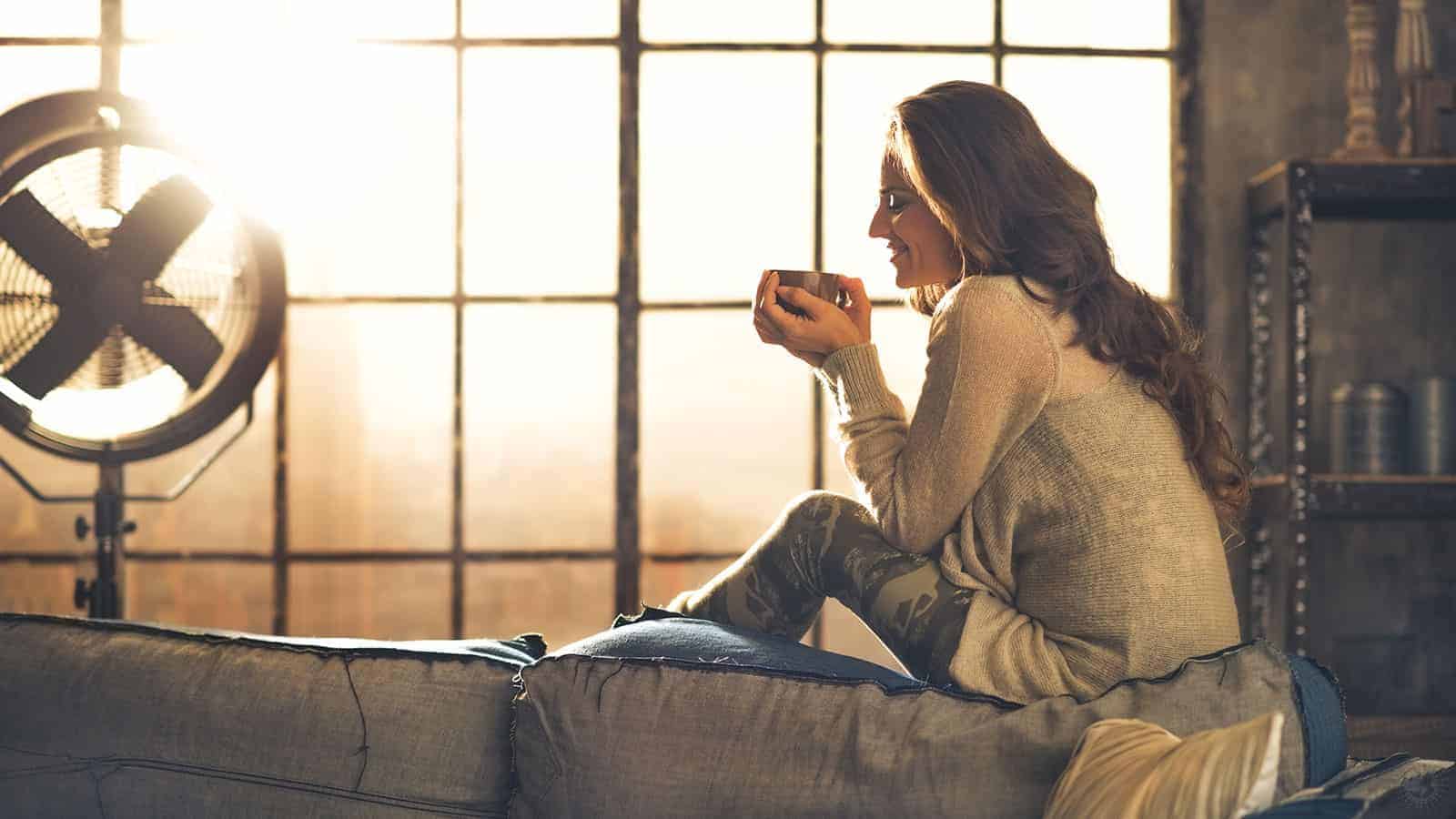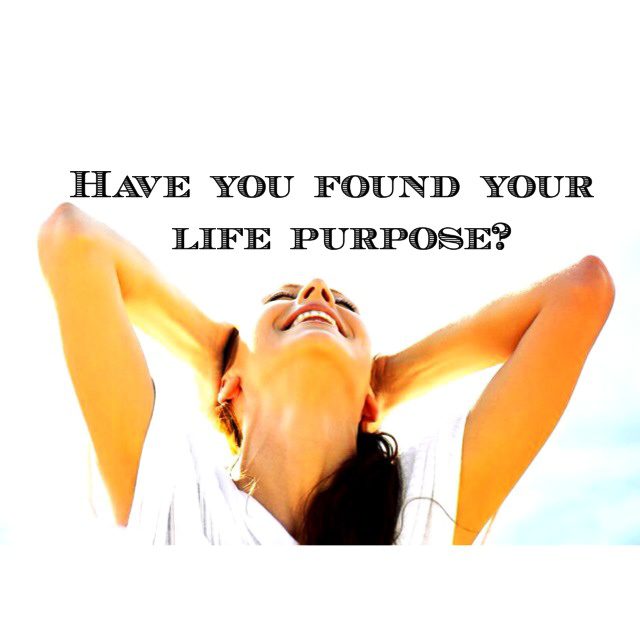Being a minimalist is a lifestyle of keeping life simple, clean, uncluttered, and focused on your own life, yourself, and those you cherish. It is a statement to the world that you no longer accept the lifestyle of being a gerbil on a wheel; and that your health, dreams, and relationships do matter in this life.
Minimalism is a mission statement of choosing to make living life a priority. This may sound like an idealistic pipedream to some. It may look like it’s all about giving up things in life that you have been taught are “must haves” and it’s just a lazy person’s excuse to get out of the hard work necessary to achieve them.
There are many misconceptions around a minimalist lifestyle and not enough discussion of the philosophy behind it and the benefits of it in your life. Read below to learn the 10 ways life gets better when you become a minimalist.
What is a minimalist?
When some people think of minimalism, they imagine a person who gives up his home, his car, and all his possessions. They envision someone who wears only hand-me-down clothes and shops at grocery stores that sell “slightly used” produce and baked goods. Other people may view it as a subculture, a way to rebel against societal norms through extreme methods.
These perceptions don’t accurately define minimalism.
I went to The Minimalists to find how they describe it themselves:
“Minimalism is a tool to rid yourself of life’s excess in favor of focusing on what’s important—so you can find happiness, fulfillment, and freedom.”
The definition states the purpose or philosophy but does not state how you are to achieve it directly. What are the “rules” of being a minimalist? There really aren’t as many rules as being a minimalist is more about a utilitarian way of life. It’s not about getting rid of all of your things. It’s about a method to push yourself to focus on that which is genuinely important to you, your happiness, and how you want to live.
This is in opposition to living to work to afford things to make yourself feel better. The tool is in choosing what things you own or do that truly make you happy and ridding yourself of the superfluous stuff or the excessively expensive. It’s about deciding to live and enjoy life for yourself, not for the things you can possess or the people you can impress.
In other words, maybe you need a cell phone. That’s understandable. But do you need the latest, new iPhone that costs $1,200? Could you choose not to upgrade every year, buy a refurbished older model, or opt for a less expensive phone in general? Probably. That said, if high tech is your thing and what really gets your juices flowing, then, by all means, buy the iPhone. In exchange, however, maybe buying those $1,000 Italian shoes doesn’t mean anything to you. You’ve only been buying them to impress your co-workers. Let them go.
Don’t trap yourself into working more hours that prevent you from living your life the way you want by always needing to buy “the best or the biggest.” If it isn’t genuinely adding to your happiness, your health or your mental wellbeing, then ask yourself if you really need it.
How does your life get better as a minimalist?
Hopefully, now you realize that you don’t need to become a vagabond who gives up your house, your car, and all your possessions except what fits in a backpack. You might still be a bit skeptical. How does ridding yourself of needless or meaningless items benefit you in life? Here are 10 ways, and you can visit website for more ways as well.
1. Financially
Can you save money? Yes. You can save by not buying expensive or meaningless items just because they are trendy. You can make money as well by selling the things you are getting rid of or downsizing/trading in for something less expensive. Additionally, you can save by taking the money that you aren’t spending and investing it for the future.
I prefer to look at it as “not wasting money.” You are now buying with a purpose in your life and ensuring that it makes you happy over time. It does not just provide immediate gratification or the prestige of owning something.
For example, if you have decided not to buy a huge house or that expensive car, that doesn’t mean you didn’t take the same money and spend it on traveling around the world for a year. You bought with the purpose of how it will add to your life in experiences, time with your family, learning new cultures, etc. In comparison to the expensive car making you look better; you have afforded yourself more financial freedom to do the things you want.
2. Decreased stress.
Stress comes from many areas; these include working too much, being in debt, keeping up appearances, denying yourself your dreams, and not spending time with your family.
The goal of minimalism is for you to refocus on the things that are important to you by getting rid of what isn’t. If you aren’t wasting as much money on appearances, you don’t need to work six days a week for 60 hours. When you aren’t buying expensive items that serve no real purpose, you aren’t in as much debt. If you aren’t in debt and you aren’t working as many long hours, you are free to spend time with your family. You can also take up hobbies and focus on what you want out of life.
3. Freedom.
It has been said money affords you freedom. The answer to getting more freedom is usually to work more, to make more money. Yet, if you spent less, you could make more integral choices toward what makes you happy. Freedom is all about choices. Working more actually decreases your choices. You are making more money, but now you have to work more. This eliminates the choice of doing other things that might make you happy.
4. Have more time.
Most of us are always complaining that we don’t have enough time to do everything we want to do and need to do. Much of that time is spent at work and getting to work. It may also be burned up going to networking events, business parties, shopping, taking care of the things we own, etc.
By lessening what we own, there is less to take care of, less money that must be made, and certainly less shopping. This frees up your time to pursue hobbies, time with friends and family, furthering your education or anything else that suits you. Time is a limited resource, more so than even money.
5. Better job options.
Most of the time, we choose our job based on the rate of pay, not if it is something we want to do. More people may want to teach but choose not to because teachers don’t bring home enough money to afford the lifestyle that they believe they are supposed to live. Some people may have great artistic talent but can’t do their art because it doesn’t guarantee monthly income.
By choosing a minimalistic lifestyle, it is possible to take a job that pays less but is more desirable for what you really want to do. If you have to spend a minimum of 8,000 hours a year at a job out of 35,000 available hours a year, then try to do something you are passionate about.
6. Make your health a priority.
Time and stress are usually two big deterrents to taking care of ourselves. Exercise and healthy cooking require time to do both. When adopting the minimalist method, you have more flexibility to free up time and money to focus on your health. Lessening your stress automatically helps your health, but it also allows you to focus better on doing healthy things for yourself.
7. Find a purpose for our lives.
By not focusing on appearances or material goods, we free up our minds to focus on what in life really matters to us. We are able to put energy toward what we want out of this world and what we want to give back to it.
8. Your life is your statement.
Currently, we let our house, our car, our clothes, and other material goods make a statement about ourselves. Can we say that is a true representation?
If you bought a car because it would impress your clients, is that who you are? I’m not saying to buy a beat-up car if you work with a lot of clients. I am saying that if the environment is important to you, then buy the smaller hybrid or electric car and let that be both a statement about yourself and a respectable vehicle. Selectively choose what you buy so that what you own will have meaning and reflect yourself, not a false image.
9. Quality vs quantity.
This is going to seem contradictory to everything above but minimalism allows you to choose quality items over quantity. A woman can go to Payless Shoes and spend $40.00 on a pair of shoes. She can also go to DSW Shoes and pay $85.00. The difference in the pair of shoes? The $85.00 pair of shoes should have better foot support and be made out of a higher quality material, which gives it a longer lifespan.
Buying cheap is not helping the environment and doesn’t save money in the long run. Minimalism provides you the freedom to choose your purchases based on longevity as much as on enjoyment.
10. Help the environment.
Minimalism can seem at first to be all about you. It’s about finding your purpose in life, your freedom, your health, etc. But minimalism has several environmental ramifications as well. You’re making the conscious choice of buying less and of higher quality means less is going in our trash and landfills.
Commuting less to work because you could take a job closer to your home at less pay means less carbon in the atmosphere. Choosing to eat healthier means buying more fresh produce, which is biodegradable waste rather than packaged food containers.
Closing Thoughts on Ways Life Gets Better as a Minimalist
You may have known some minimalist in your life before it became more recognized: the musician down the street who drives the beat-up car but owns 10 different high-quality guitars and amplifiers; or the other guy down the street who rides his bike everywhere, lives in a simple home, is always seen in blue jeans and a t-shirt, and is living his passion as a writer. They are the people who recognized all the ways that minimalism made life better. And they did so before anyone was blogging about it.
Minimalism isn’t about simply ridding yourself of your possessions. It’s about finding yourself, your purpose, and the important things in your life; therefore, not needing the material items to represent your image. Let your possessions represent you and your life. We only live once, and we all only have the same amount of time in a day. Choose to live that time with purpose and focus so it is your best life.
Source: Sweden has an impressive amount of stock apps for new traders and still show the lowest rate of risk and stress in the world.














 Community
Community

